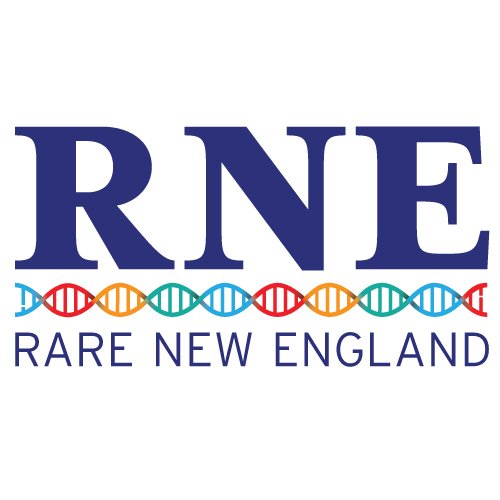EDS Awareness Month
May is Ehlers-Danlos Syndromes (EDS) Awareness Month!
Ehlers-Danlos Syndromes are a group of 13 different inherited connective tissue disorders. Connective tissues are a part of the body that function to bind and support, protect, insulate, store and reserve fuel, and transport substances throughout the body. They are found all through the body in our skin, organs, blood vessels, muscles, eyes, and more. In a person with EDS, genetic abnormalities cause the connective tissues to not be structured and built the correct way, leading to body-wide symptoms and problems. Each type of EDS can have slightly different characteristics, but most are generally characterized by joint hypermobility, skin hyperextensibility, and tissue fragility.
EDS is a rare condition, impacting 1 in 2,500- 1 in 5,000 people and affects individuals of all genders and racial and ethnic backgrounds. There is no known cure for EDS and the prognosis and severity of symptoms varies depending on the type. Individualized treatment is available and is aimed at symptom management and prevention of injuries. (summarized from the dysautonomia website). Ehlers-Danlos Syndrome is an invisible illness. That means people with it don’t “look sick” and other people generally assume there is nothing wrong with us. This couldn’t be further from the truth. We often suffer in silence for years before we find a doctor who diagnoses us correctly. Common misdiagnoses are chronic fatigue syndrome and fibromyalgia. I was diagnosed years before my EDS diagnosis with both of those disorders. Fatigue is a hallmark symptom in EDS as we do not have the same energy reserves as other people. We often have to pick and choose which activities we can do daily based on the amount of energy we have. There is something called The Spoon Theory (https://tinyurl.com/4pjh8cn4) that most of us relate to and refer to with others who understand chronic illness. Many of us also have something called dysautonomia which causes a variety of systemic symptoms. Dysautonomia is a disorder of the autonomic nervous system. It affects things that are involuntary like breathing, heart rate, digestion, and even the bladder. A lot of us have post orthotic tachycardia syndrome, which means that we can get dizzy or light-headed when changing positions (lying to standing, bending over). I struggle with gastroparesis. That is a motility disorder where food digests too slowly and can cause symptoms like nausea and vomiting. Temperature regulation is something I and many others struggle with. We can become ill from changes in temperature as our body doesn’t regulate it normally. Severely increased or decreased sweating is also part of dysautonomia. Other people are able to take their body’s involuntary actions (autonomic system) for granted, but we are unable to live that way.
Ehlers-Danlos often comes with a host of comorbidities. Mast Cell Activation Syndrome, POTS (post orthotic tachycardia syndrome), various neuropathies, autoimmune diseases, and even mitochondrial disease are some of the other illnesses that come along side EDS. It’s important for us to continue educating ourselves and others about this syndrome as it is widely misunderstood or entirely unheard of. I have seen doctors who have never heard of EDS or studied it briefly in medical school. We are a group of people referred to as zebras because of our complex medical issues. In med school, students are taught to look for horses when they hear hoof beats, not zebras. That is, look for the obvious, not something more complex.
Mental health is an important piece of the EDS and chronic illness community. We are prone to anxiety disorders and depression. We often struggle with anxiety because we never know what to expect on any given day with our illnesses. Depression is common because we are so misunderstood. A lot of us have to learn to balance life and don’t always have the option of working or socializing like we wish we could. A lot of us find strength in support groups and mental health counseling. Living with EDS and other chronic illnesses is not always easy and we often feel misunderstood. We want the option to be included in plans with the ability to cancel if we don’t have the physical and mental resources to attend.
We also have strengths other’s do not. We persevere in the face of adversity. We are resilient and strong. We are typically well educated on our EDS and it’s comorbidities and are happy to answer any questions any of you may have. EDSers are warriors. We may struggle but every day we are battling not succumbing to our illness.

